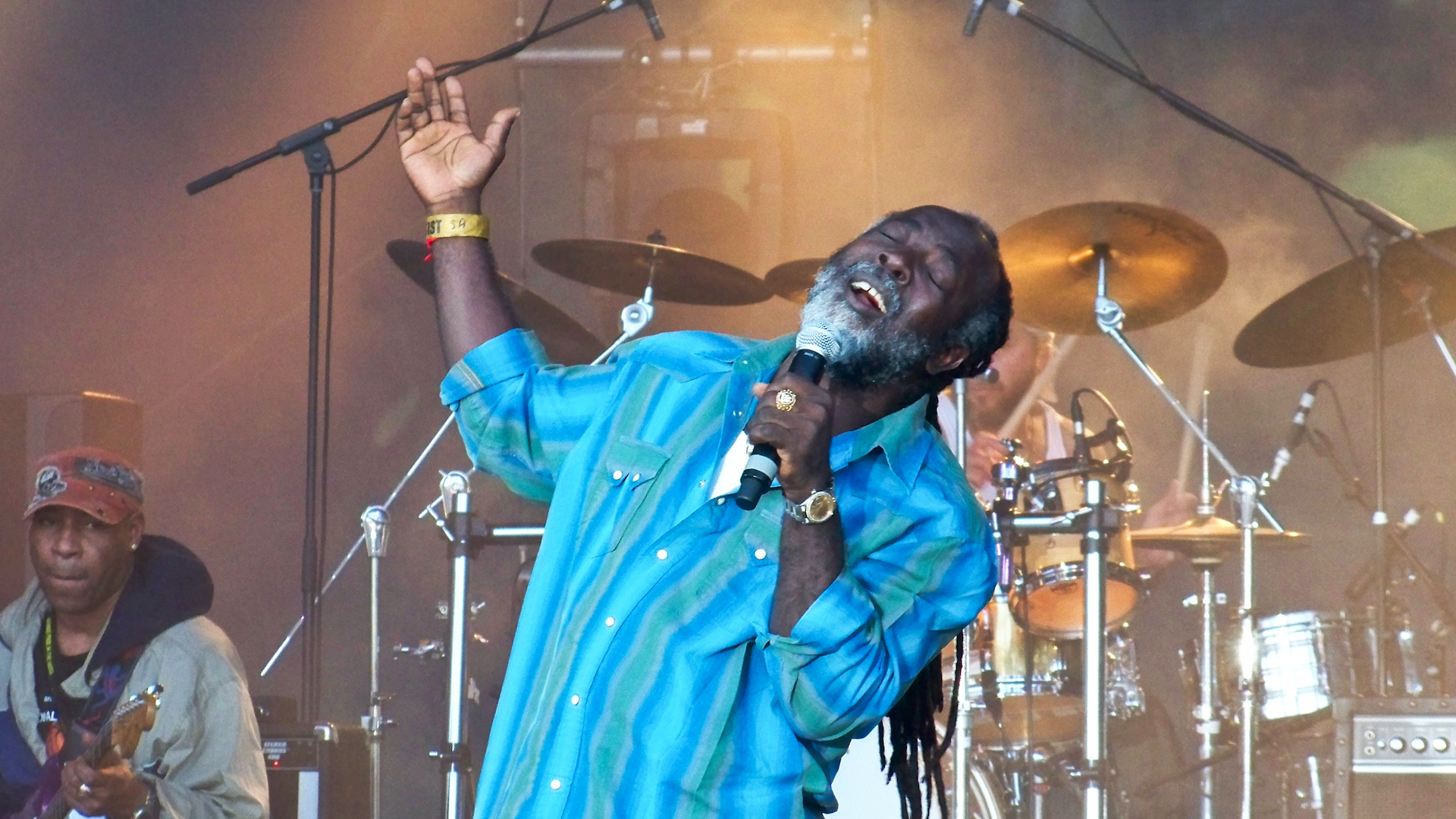Origin of Genres: Do The Reggay

In 1968 The Maytals released the song “Do The Reggay” and it became the first popular song to use the term reggae. It helped define the emerging genre by naming it.
Reggae originated in the Caribbean island of Jamaica in the 60s and is now considered culturally synonymous with Jamaica and its diaspora.

Reggae started as a term to refer to most styles of popular Jamaican music, but as time went on and the genre consolidated, it denoted a particular style. Reggae is influenced by mento, a traditional style of Jamaican folk music, and jazz, R&B, ska, and rocksteady.
After becoming independent in 1962, the Jamaican music industry started to truly take form. Ska was at the forefront of the movement and was an upbeat reflection of the mood of the newly autonomous island nation. Recording studios started being set up, largely concentrating on American-influenced music. Ska started gaining popularity even in the United States and things were looking up for Jamaica.
Reggae and unrest amongst Jamaicans: the sound of hope
But, as with any newly independent country, Jamaica faced problems. In the mid-60s, the climate in Jamaica started to change. The streets in Kingston were ruled by gangsters and the city became a lawless place. Ska waned in popularity and slow-paced rocksteady started to rise., becoming a reflection of the mental state of the Jamaican people. Rocksteady came and went like a flash, leaving its popularity behind after about two years.
In 1966 the Emperor of Ethiopia, Haile Selassie I, went on a diplomatic mission to Jamaica. This was a huge turning point for reggae and Jamaicans because he was seen as the Rastafari messiah. A hundred thousand Jamaicans turned out to see him, and Rastafarian culture became a vital strand in reggae.
After that Jamaica entered a period of political unrest, violence, and poverty. The fusion of all the musical styles present in Jamaica, combined with messages of unity and hope, gave birth to reggae. Lyrics became a form of political protest, and with the purpose of revolution, the music style started to change its identity.

Reggae was rooted in everyday life and the hopes of Afrocaribbeans, yet became truly global through the voice of Bob Marley and the Wailers.
Reggae has evolved with Jamaica’s history, always being a reflection of the spirit of Jamaican people. It is not only a unique music style but part of Jamaican culture and history in itself and it can still be felt in pop culture today. Reggae influenced genres like punk, rock, and hip-hop. Current examples of reggae-influenced artists are legends like Eric Clapton and international pop sensations like Rihanna.
Since 2008, Jamaica celebrates the heritage of reggae during its Annual Reggae Month. It features a film festival, Reggae Academy Awards, radio station functions, and tribute concerts. It also features conferences on the international revenue potential of reggae and events focused on employment opportunities within the Reggae music industry.
Since 2018, UNESCO declared reggae music from Jamaica to be on the Representative List of Intangible Cultural Heritage of Humanity, recognizing its contribution to international discourse on issues such as injustice, love, resistance, and what it means to be human. This officially commemorates its amazing ability to be a dynamic music style representative of the sensual, socio-political, cultural, and spiritual.


